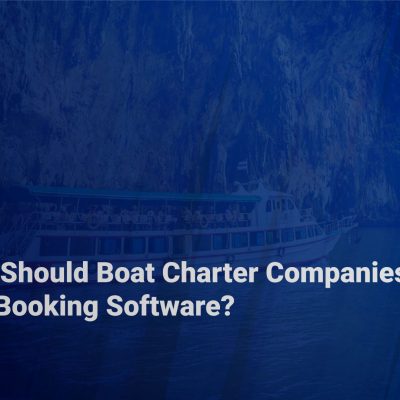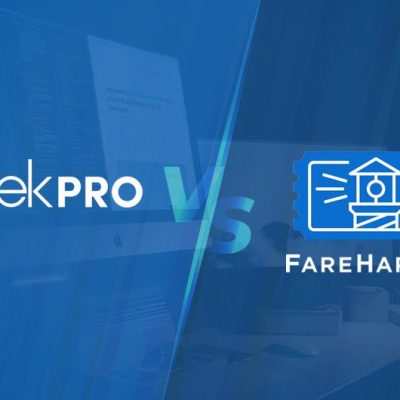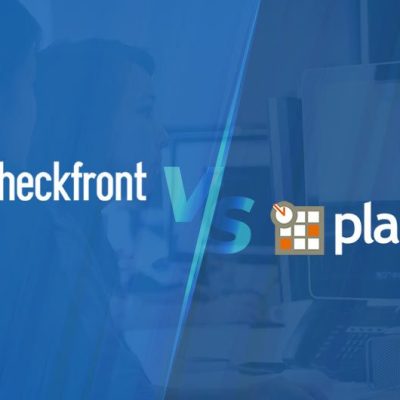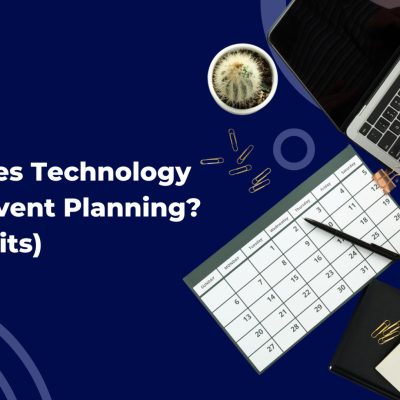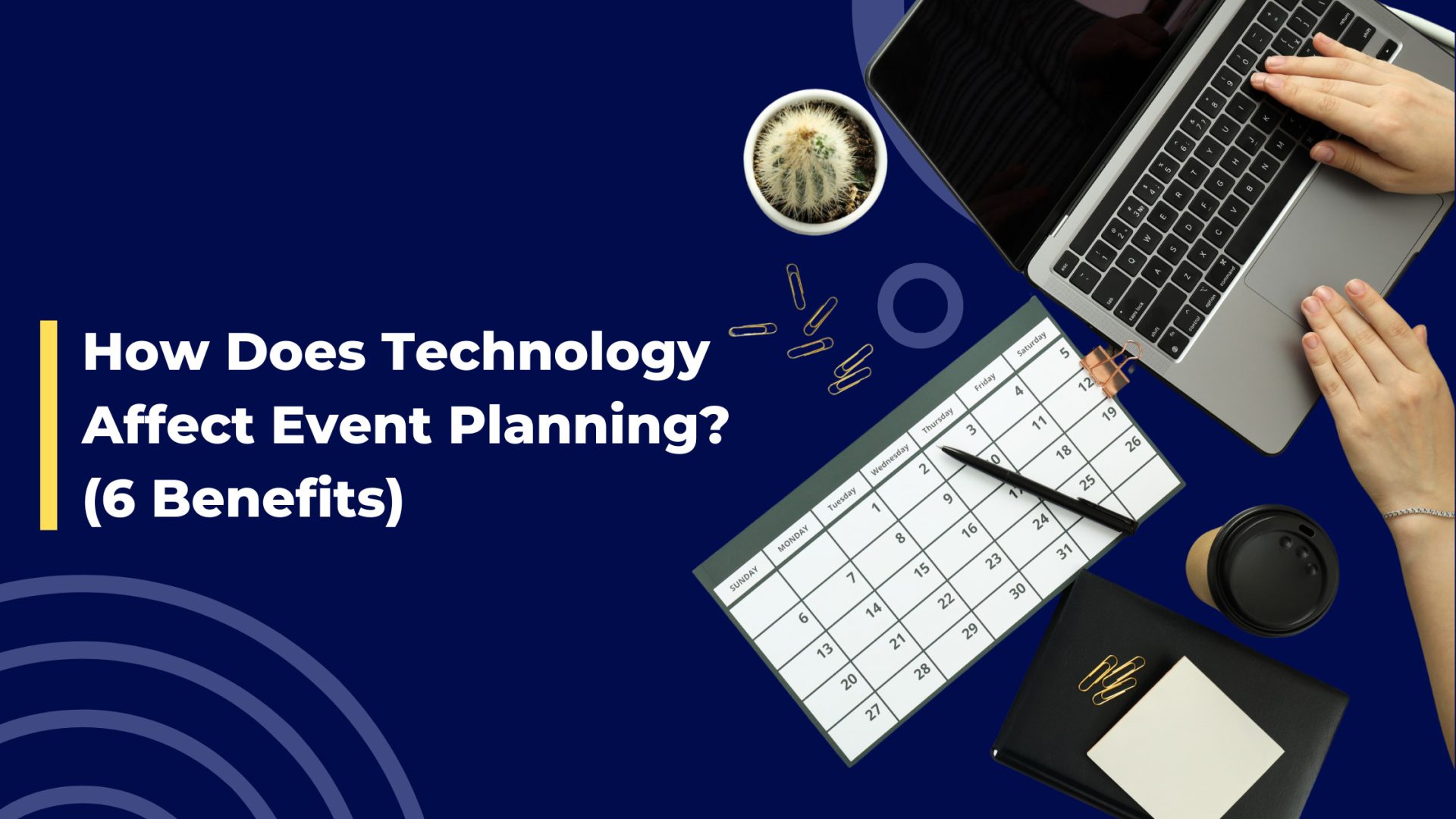
How Does Technology Affect Event Planning? (6 Benefits)
Using technology in event planning saves you time. It makes planning and event promotion easier and helps you better manage communications and event budgets.
Event planning has consistently been named one of the most stressful jobs in the world. The physical demands of darting from one place to another, the numerous deadlines you have to meet, the myriads of stakeholders you have to appease, and more can make event planning a daunting task.
Thankfully, various emerging technologies make the event planner's job easier.
What are these technologies? How are the technologies affecting event planning? What are the benefits of using these technologies in event planning? This article will answer these questions and more.
The role of technology in event planning

Planning successful events can be challenging, as you must consider many things. These include getting sponsors, choosing the venue, getting permits, arranging entertainment activities, catering and security, promoting the event, selling tickets, etc.
Interestingly, various technologies make it easier to plan and manage your event planning tasks.
What technologies can be employed in the event planning industry
Some of the technologies that you can use in the event planning industry are:
Event management apps
An event management app is a generic term that describes the wide range of software products used to plan and manage different types and sizes of events.
Thus, event management apps come in different shapes and forms. A few offer a single solution (like booking), while many are all-purpose suites that provide various solutions (like planning, rendering sitting arrangements, attendant engagement, booking, etc.).
Social media
Social media refers to the websites and applications that allow people to meet one another to create and share content. While social media is a relatively young technology, it has taken over the world, showing how impactful it is.
Social media answers most event planners' prayers for an easy way to promote an event. You can use social media channels like Facebook, Twitter, and Instagram to create a real buzz for your events. Well-timed social media posts can create real excitement for your event and get everybody talking about it.
You can also use social media channels to communicate important event information like special activities people should expect, deadlines, etc. You can also use it to get post-event feedback and more.
Email marketing
Email marketing is a type of direct marketing that involves sending a group of people commercial messages using email.
There are 4 billion daily email users, making email one of the best ways to reach people. In fact, email marketing offers an astounding 4,200% ROI ($42 for every $1 spent on email marketing).
Email marketing is effective because it allows you to reach your targeted audience directly. So, it is one of the best ways to promote your event.
However, most emails are not opened, while many more are forwarded straight to the trash. Some tips to make your event promotion emails connect and convert include:
- Segmentation. Don’t send generic emails to everyone. Instead, divide your audience into segments that reflect what they care about, and send each segment a different email.
- Personalization. Personalize event promotion emails because people are more likely to open and engage with emails that relate to them. A simple way to personalize event promotion emails is to name the receiver (e.g., John, you can’t afford to miss the XYZ concert). Use other data submitted when people subscribed to your email list to add further personalization.
Marketing automation tools
Marketing automation tools allow you to automate your event marketing communications.
Such communications include reminders to register, invites, reminders to attend, thank you for coming, we missed you, etc. You can set them up in advance to be published at the right time. The communication can be published via email, SMS, or social media channel.
For example, if you set up an event landing page with a registration form. You can also use an event marketing automation tool to automatically send “reminders to register” to anyone who clicks through to the landing page but does not register.
Live streaming
Live streaming delivers a video over the internet in real-time to allow people to watch it without first downloading and storing it.
Live streaming allows people to experience your event even if they cannot be there physically. Using technology to stream your event live can maximize exposure.
Live streaming via social media can foster engagement and reach a wider audience as the content gets to be shared and interacted with online. It also provides opportunities to run ads.
However, know that live streaming is not for every event. Live streaming is not for your events if you want to sell tickets because people may not readily buy tickets for an event that will be streamed live.
How has technology changed the event industry?
Technology has changed every step of the event planning process. Some of the significant changes that technology has brought in the event industry are:
Mobile ticketing
Technology has made it very easy to buy tickets for events. These days, event attendees do not need to go early to an event venue and join long queues at the venue doors to purchase tickets.
With mobile ticketing technology, attendees can purchase a ticket from the comfort of their homes with a few clicks. All they need to do is visit the event website or app, book a ticket, and pay for the ticket using an online payment system.
The event ticketing solution will then furnish them with a unique code or QR code which they will show at the door to be admitted into the event.
Top-quality event ticketing solutions like Roverd give you control over every aspect of your online ticketing system.
- It allows you to sell your tickets online either directly or through resellers.
- It offers QR ticket scanning, which simplifies event entrance as you can scan attendants without hassle
- It allows easy management of cancellations and refunds.
Branded event apps
A branded event app is an all-in-one platform for all the information an attendee needs about an event. The apps contain such information as event highlights, maps, speaker bios, etc.
Event branded apps are also used to add gamification to events to increase attendee engagement.
Live streaming
In the past, the only way to experience an event as it was happening was to be in attendance. But with live streaming technology, people can now experience it in real-time despite being in the comfort of their homes.
Virtual attendance
Virtual event attendance has grown in popularity post-COVID. It allows you to see proceedings and to have an interactive experience with proceedings from your remote location. For example, you can submit questions to speakers, make contributions, etc.
Data and analytics
Insights obtained from data drive success in many industries, which is also true for the event industry. Understanding event communities and determining what people want can help you plan an event that will be successful.
Technology has also changed the face of data collection for analysis to drive event success.
People often bare it all on social media, making it a good data source when planning events. It also allows for real-time attendee management. Event organizers can monitor attendees' social media conversations to respond to issues and complaints promptly.
Technologies like scannable QR codes can help you collect valuable attendee data. Also, location-based tracking technologies like Near Field Communication (NFC) can provide deep insights about live event attendees.

Facial recognition
Facial recognition is another technology that is changing the event industry.
Facial recognition software uses distinguishable facial features to identify event attendees. One advantage of this technology is safety and security. It involves using cameras to capture attendees' images and videos and running the data through databases to determine attendees’ identities.
Facial recognition is also used to prevent individuals who pose a threat from sneaking into the event center.
Gamification
In times past, the only thing you needed to do to participate in an event was physically attending. However, the gamification of events that technology allows has changed that.
Gamification means adding gaming elements to your event to increase attendees’ engagement. For example, you can make attendees complete challenges, obtain points for when they complete challenges, and see their position on a leaderboard.
What are the benefits of technology in event planning?
There are many benefits of using technology in event planning. These include:
- It saves you time
- It makes planning easier
- It makes communication better
- It helps to manage an event’s budget easily
- It allows networking
- It makes it easy to promote events
- It enhances safety and security in events
1. Saves time
Time is a scarce commodity for event planners as their days are literally filled with back-to-back meetings and countless running-around. Interestingly, using technology can help free up some time for you.
One way technology saves you time in event playing is that it automates time-consuming manual processes. For example, email automation can instantly determine the right people and send them your event promotion emails at the right time.
Another way technology saves you time is that it allows fast communication. For example, you can schedule a virtual meeting instead of driving for a one-on-one meeting with a critical stakeholder.
2. Makes planning easier
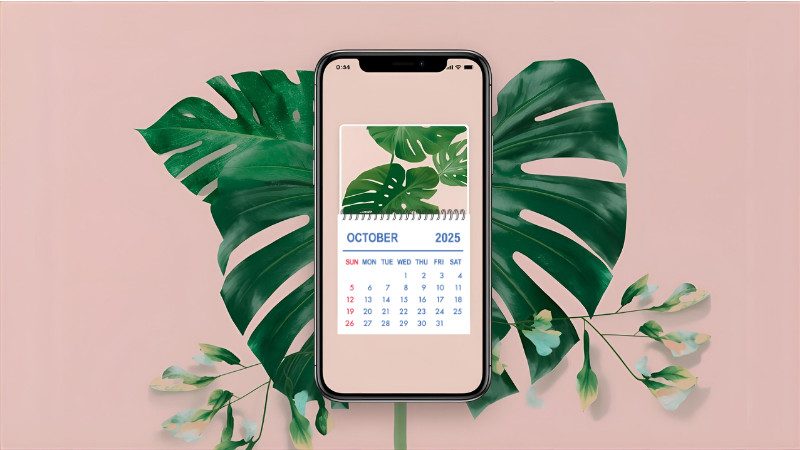
Technology makes it easy to collect data which will give you insights for improving your event.
Different event management apps can help you identify and prioritize all planning activities and manage your schedules. Some planning apps can also digitally render floor plans to help you determine optimal seating arrangements.
3. Makes communication better
Technology allows better communication when planning an event. Using an event planning app, you can easily assign tasks to individuals and see how these tasks are progressing.
You can also post important information on the communication platform and get everyone on the same page.
4. Helps to manage an event budget
Technology helps you to manage your event’s budget better. With some event planning apps, you can easily make budget projections and track expenses and revenue.
The apps help you calculate your event ROI and know where to make adjustments to achieve your goals. Importantly, you’ll also know when expenses are spiraling out of control and know what to do.
5. Makes promoting events easy
Technology makes it very easy to promote your events. You can create landing pages for your event and track visitors' behaviors.
This gives you a picture of individuals and helps you send targeted promotional messages. You can also use social media to create publicity for your event.
6. Enhances safety and security
Different technologies make event centers safer and more secure. In a post-COVID world, thermal scanning alleviates health safety risks as it makes it possible to detect individuals with the virus.
Badges make security checks better, while facial recognition technologies ensure that individuals with security risks do not gain entrance into events.
Final thoughts
Going about event planning the traditional way will make it very difficult to be in control of everything. Thankfully, technology can help you make everything go smoothly.
When you employ technologies like event management apps, social media, email marketing, and marketing automation tools, you can save time, make event planning and promotion easier, and better manage communications and budget.
Talking of event management apps, one of the best in the market is Roverd. The solution allows you to professionalize event booking.
Roverd is a top choice because it:
- Allows you to sell tickets 24/ 7
- Offers reseller management systems that allow you to sell your event tickets at different outlets
- Allow you to modernize event entrance by using QR ticket scanning
- Allows you to get info on your event participants
- Offers smart cancellation and refund features
- Offers features that let you get your customers back if something went wrong during their initial check-out
Take charge of your event booking system. Get a demo from Roverd today.

